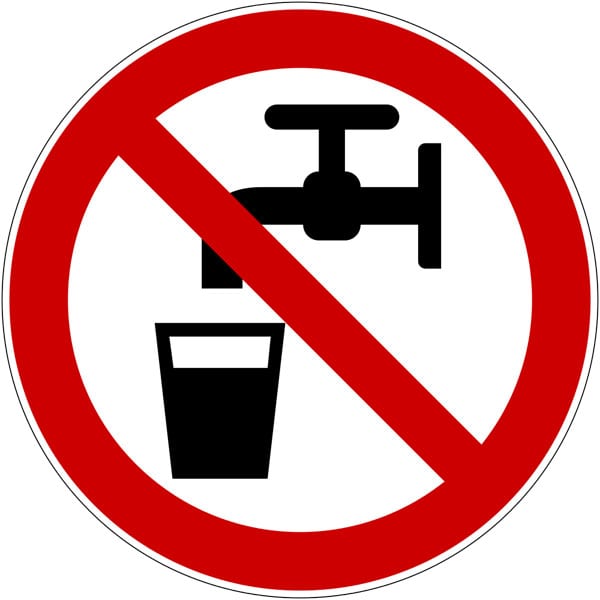
June 27, 2018; Next City
A social justice caucus and a nonprofit have come together to bring the city of Newark, New Jersey, to court for failing to keep lead out of the water. As NPQ has noted, there is a lack of will to address aging water pipes in cities, even though it may provide economic benefits. Communities must to turn to nonprofits and others for help in making their water safe for families.
The Natural Resources Defense Council (NRDC) has joined with Newark Education Workers (NEW) Caucus to address the already elevated levels of lead in drinking water.
“Access to safe water should be a basic right for everyone,” Al Moussab, president of the NEW Caucus, said in a statement. “However, for many working-class people, it’s not. By joining this lawsuit, we hope to hold the city and state governments accountable for providing safe drinking water to every home and school in Newark.”
According to NRDC, Newark’s data demonstrates that 10 percent of the samples of water tested at an elevated level of 26 parts per billion. The “federal action level” of the Safe Drinking Water Act is 15 parts per billion. NRDC reports that one test had a count of 182 ppb of lead in the water.
Sign up for our free newsletters
Subscribe to NPQ's newsletters to have our top stories delivered directly to your inbox.
By signing up, you agree to our privacy policy and terms of use, and to receive messages from NPQ and our partners.
The suit contends that the city is not meeting federal standards for testing and monitoring and is not providing appropriate treatment systems. The Department of Environmental Protection requires that the water be tested for lead two times a year. NRDC claims the city did not test 91 of Newark’s 131 high-risk sites.
Water fountains in 30 of Newark public schools were turned off two years ago while they waited to replace the pipes due to high levels of lead. Still, city officials claim that the charges are without merit. Newark’s director of water and sewer utilities, Andrea Adebowale, in a statement to Asbury Park Press, stated the issues were “confined to a limited number of homes with lead service lines.”
The NRDC says in its lawsuit, however, that “the City does not know the scope of the problem because it has failed to identify which service lines contain lead and has failed to properly monitor lead levels at Newark residents’ taps.”
Exposure to any level of lead is especially unsafe to children, with potential impact on IQ and ability to learn, according to the CDC. The lawsuit against Flint, Michigan was settled and lead water lines will have to be replaced throughout the city.
NRDC and the ACLU were also plaintiffs in the case against Flint, Michigan. NRDC attorney Claire Woods stated that “if it takes filing a lawsuit to end violations of federal drinking water law, we’ll do it.”—Marian Conway













